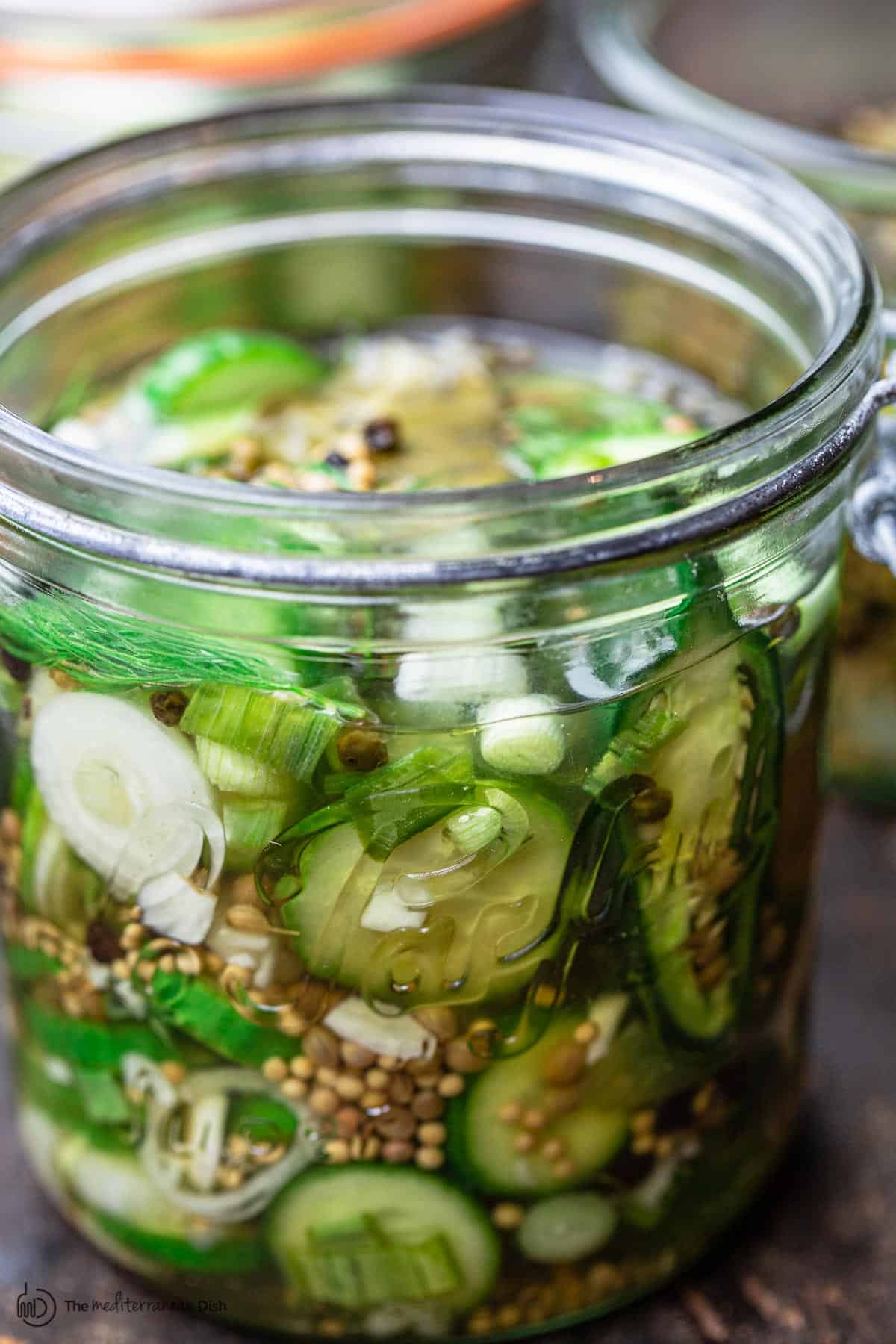In South Korea, Jeonju, Jinju, and Tongyeong are especially famous for their versions of bibimbap. In 2011, the dish was listed at number 40 on quick dish World’s 50 most delicious foods readers’ poll compiled by CNN Travel.
200 years after the hanja record, and was documented in a Hangul record. Ordinary people ate bibimbap on the eve of the lunar new year as the people at that time felt that they had to get rid of all of the leftover side dishes before the new year. The solution to this problem was to put all of the leftovers in a bowl of rice and to mix them together. Farmers ate bibimbap during farming season as it was the easiest way to make food for a large number of people. 1810 encyclopedia Mongyupyeon by Jang Hon.

The first known recipe for bibimbap is found in the Siuijeonseo, an anonymous cookbook from the late 19th century. The late 20th century brought about the globalization of the Korean culture, traditions, and food to many areas of the world with many restaurant chains being opened up in various international airports that encourage the sale of bibimbap. Bibimbap is an extensively customizable food with a variety of ingredients that can be used in its creation. It has existed in Korea for centuries and even has a place in society today.
